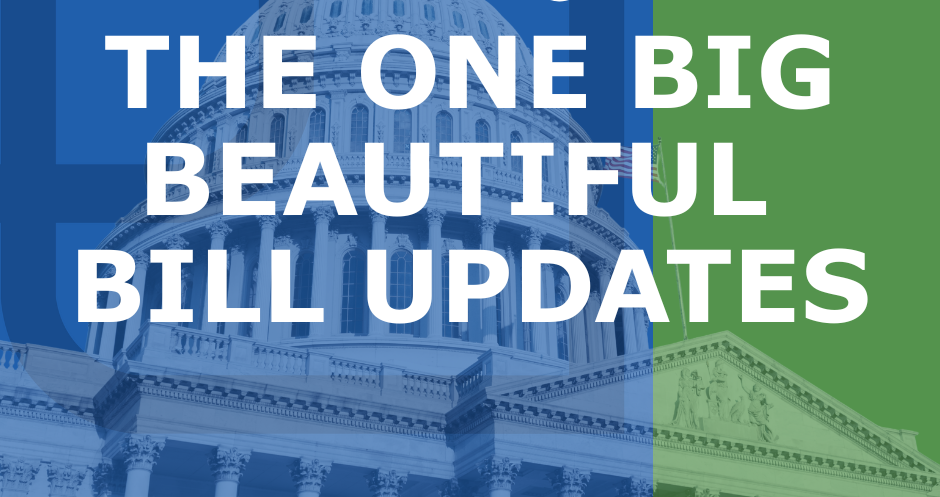If you’re a taxpayer who dabbles in gambling—or a professional gambler—major changes are coming your way starting in 2026. The One Big Beautiful Bill Act (OBBBA) introduces a new twist to the long-standing rules around gambling losses, and it's not a lucky break. Even if you’re a “break-even” gambler, Uncle Sam might still come knocking.
At Rudler, we are here to help you undertstand what is changing, how it affects your tax return, and what steps you might want to consider now.

The 90% Rule: A New Limit on Gambling Loss Deductions
Old Rules: Full Losses Up to Winnings
Previously, gambling losses could be deducted—but only up to the amount of your gambling winnings. This rule applied across the board, to casual gamblers and professionals alike. These deductions were reported as itemized deductions, meaning you had to itemize to benefit.
New Rules: 90% Cap on Deductible Losses
Starting tax year 2026, the OBBBA changes that. Here's what’s new:
- Only 90% of your gambling losses will be deductible.
- You can still only deduct losses up to the amount of gambling winnings.
Example:
Let’s say in 2026, you win $10,000 and lose $10,000 gambling. Under the old rules, you’d deduct all $10,000 in losses—netting zero taxable income from gambling. Under the new rules, only $9,000 is deductible. That leaves $1,000 in taxable income—even though, economically, you broke even. This “phantom income” can create a real tax liability out of thin air.
For Casual Gamblers:
Be prepared for taxable income, even if you "broke even." Track your gambling activity meticulously - document both wins and losses. In order to take losses you still must itemize deductions on your tax return. If you take the standard deduction, you are out of luck.
For Professional Gamblers:
The IRS isn’t just targeting your chips and cards. The definition of gambling losses also includes related expenses incurred in the pursuit of gambling. That means travel expenses, admission or entry fees, and other costs directly tied to wagering activities. All of these are not subject to the 90% haircut.
Final Thoughts
This change isn’t a minor tweak—it’s a significant policy shift that could catch many taxpayers off guard. At Rudler, PSC, we’re watching this development closely. Whether you play for fun or for a living, let’s make sure your tax strategy doesn’t come up short when the IRS places its bet.
Important: These are all new changes, and further guidance from the IRS and Treasury Department is expected. The details may change as new regulations and clarifications are issued. Be sure to consult with your tax advisor to understand how these changes affect your specific situation.
RUDLER, PSC CPAs and Business Advisors
This week's Rudler Review is presented by Evan Kandra, CPA.
If you would like to discuss your particular situation, contact Evan at 859-331-1717.

As part of Rudler, PSC's commitment to true proactive client partnerships, we have encouraged our professionals to specialize in their areas of interest, providing clients with specialized knowledge and strategic relationships. Be sure to receive future Rudler Reviews for advice from our experts, sign up today !